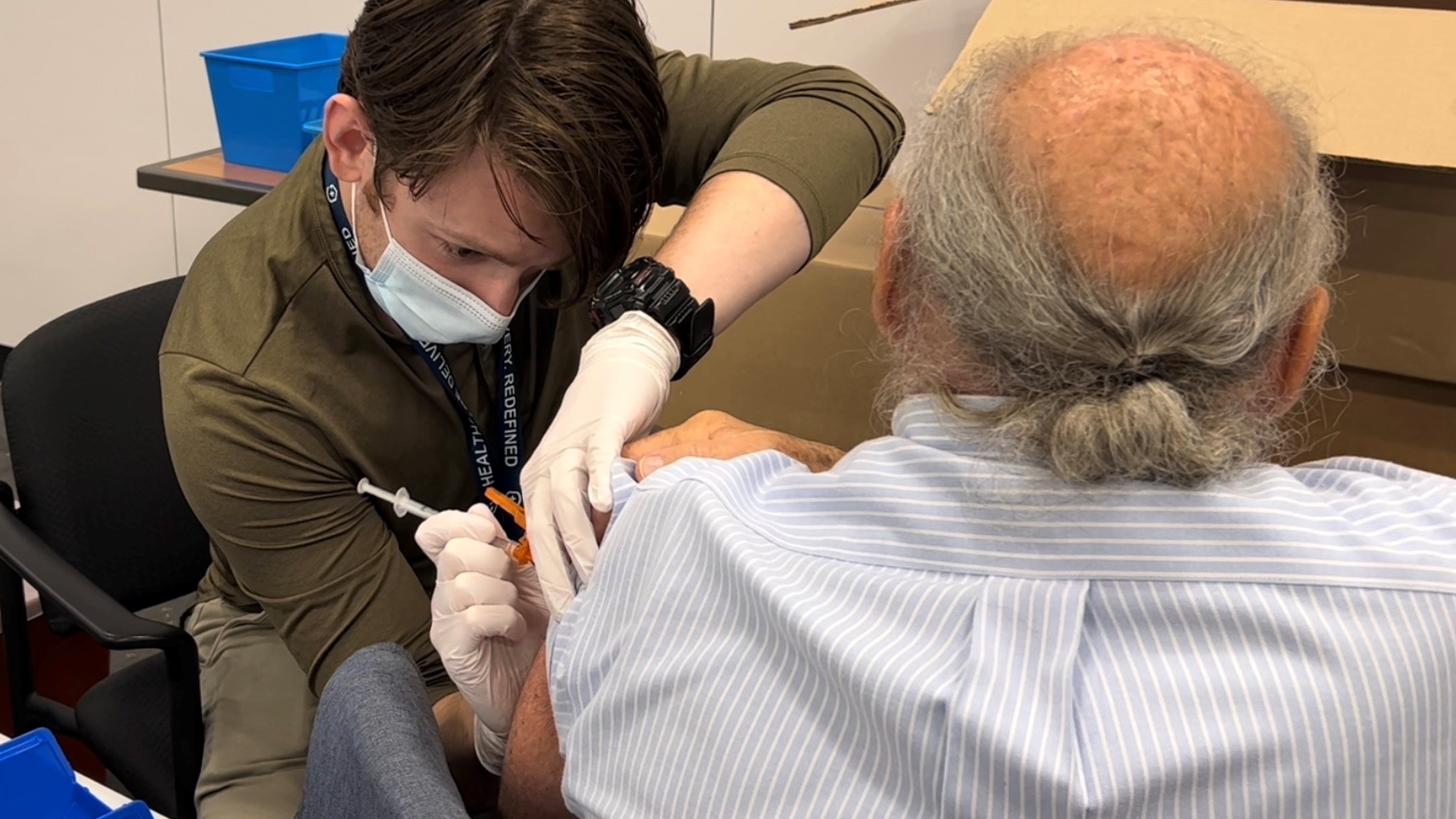Public health officials in Vermont say schools and child care facilities across the state are now safer, thanks to a program created to remove possible sources of lead poisoning.
A 2019 state law required more than 1,600 Vermont schools and child care centers to test for lead wherever water is used for cooking or drinking.
The Vermont Department of Health explained the toxic metal can leach from old plumbing components into the water, and can affect children's development, learning, and behavior.
New state numbers show one in five of the more than 15,000 taps tested around the state had elevated levels of lead, commonly linked to the sink fixture. Vermont law directs schools and child care facilities to fix problems if lead levels are at or above four parts per billion, according to a Vermont Department of Health news release.
Get New England news, weather forecasts and entertainment stories to your inbox. Sign up for NECN newsletters.
The good news, Health Commissioner Dr. Mark Levine said, is that 98% of buildings have already finished the mandates tests and made fixes to ensure safer water.
Levine told NECN & NBC10 Boston hundreds of Vermont kids are poisoned by lead every year.
"There is no safe level of lead in the body," Levine said. "We can keep kids safe through this kind of water testing and all the work that’s traditionally done in pediatricians' offices identifying very young infants and children who might be exposed through eating paint chips and things of that sort."
Vermont makes lead testing results available on this state website, in a format that is searchable by town or school name.
According to the Vermont Department of Health, most of the repairs to sinks and other plumbing fixtures were less than $500. The state reimbursed facilities for those costs, the department noted.
The state law requires re-testing of water faucets and drinking fountains every three years.
More information about preventing lead poisoning is available through this state website. The Department of Health also provides info on lead in drinking water here, including guidance on how to test your home’s water for lead.



